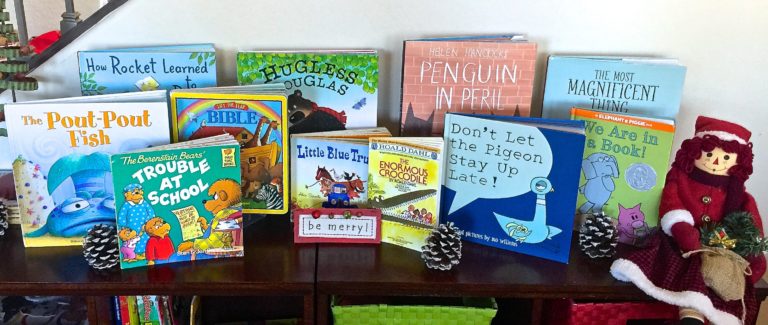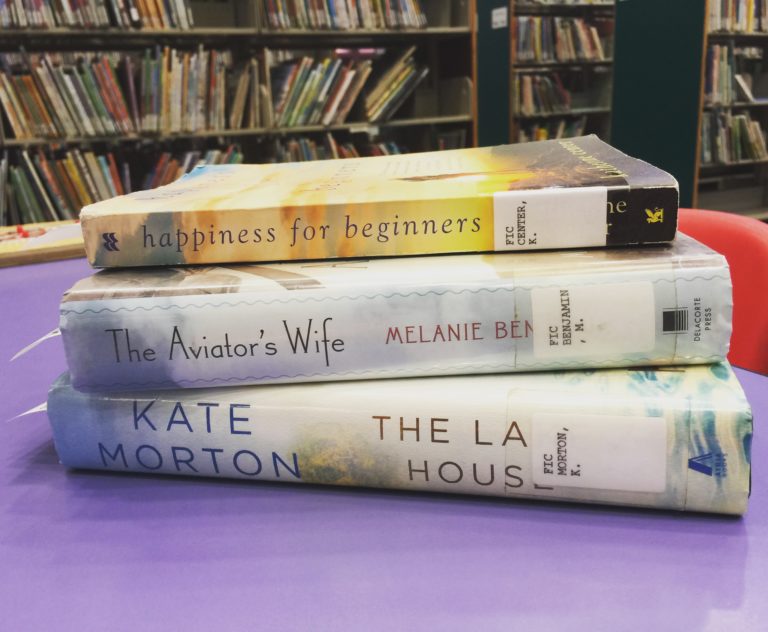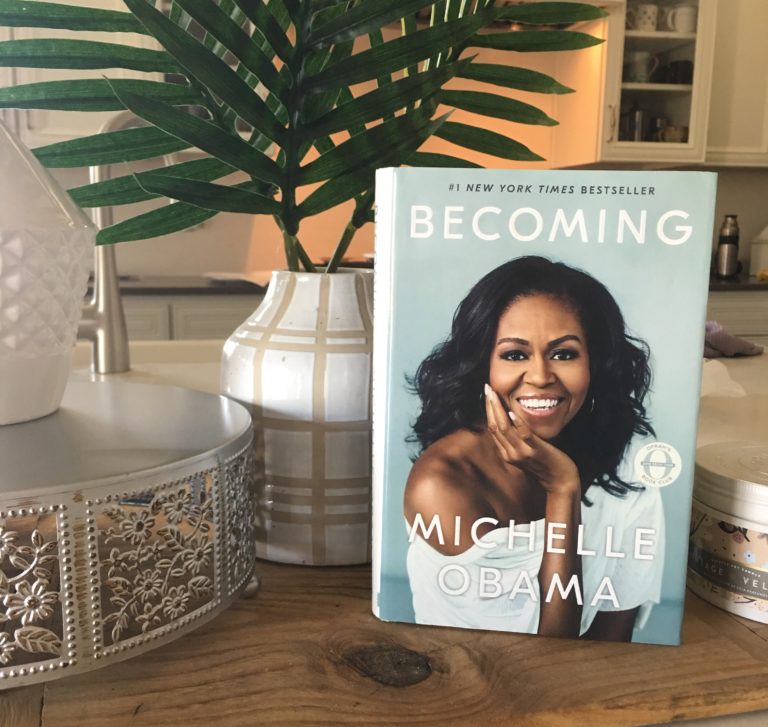The Mothers by Brit Bennett
“The Mothers” was part of the Book of the Month Club selections for October. I was debating whether or not to choose it, but after seeing several Instagram posts with beautiful quotes from the book and also hearing some good reviews on @annebogel ‘s #whatshouldireadnext podcast, I decided it was the one.
The book showed up at my door – a thin volume with a colorful cover. I was so curious to see what I would think of it, I pushed all my other books aside and started reading it. I am still trying to put my finger on why, but I could not put this book down. I finished it in three days, which is flash lightning speed for this mama.There is no heavy plot, not much suspense, but this book is very much a study in relationships, which I love. The story intricately weaves the details of three teenager’s lives together (Nadia, Aubrey and Luke) and the function and dysfunction of their relationships with one another and their families. It explores heavy themes like abortion and dysfunctional families, abandonment and abuse, the grief and regret caused by decisions made (some very cringe-worthy). It explores the power and havoc caused by secrets and half-truths. I love that the ending is not a neat tidy conclusion, but a more realistic view of how life goes on.
One of the most powerful themes in the book surrounds “The Mothers”. In the book, “The Mothers” refers to many groups of moms in the book. “The Mothers” are the grandmothers and peanut gallery of the Upper Room church, who interject their wisdom and commentary throughout the story with color and humor. (Which highlights that gossip is only perceived truth and is usually missing the real facts.) The Mothers are also the women who were mothers to Nadia, Luke and Aubrey. The trajectory of these children’s lives was greatly impacted, preserved or damaged by the good and bad choices of The Mothers. This story brought a weighty reminder of how strongly influential the role of mother is in the lives of her children. (The hand that rocks the cradle, changes diapers, sweeps the floor and cleans up spills truly does rule the world).
One of the key characters in the story is the “Upper Room” church, as it intersects the lives of all those in its community. Brit Bennett shadows meaning into the names she uses, as the impression of the church is that it is up on a hill with its members looking down, evaluating the community; literally an Upper Room. The church and the fallible people in it are not all safe, which is true of some churches. The undiscriminating love and grace of God for people was not extended to all of its members, and at times the church caused more harm than good.
Brit Bennett is only 26 years old, but her writing is perceptive and layered with meaning. She can paint pictures, feelings and impressions with just a few words.
One of my favorite things about this book is how the story is sprinkled with wonderful metaphors. Here are just a few of my favorite pieces:
———————-
“After a secret’s been told, everyone becomes a prophet.”
Here are a few quotes I loved about Mrs. Sheppard, one of the mothers:
- “Mrs. Sheppard was standing in the doorway, her hands on her hips. She wore a pink skirt suit with a floral brooch that made her look like she’d been plucked off a rosebush, thorns and all.”
- “Mrs. Sheppard, brusque and businesslike, was the type of person who’d rather do something herself than show you how. (The type who would prefer to give a man a fish not only because she could catch a better one herself, but because she felt important being the only thing standing between that man and starvation.)
“[Nadia] felt the sly type of racism here, longer waits for tables, white girls who expected her to walk on the slushy part of the sidewalk, a drunk boy outside a salsa club yelling that she was pretty for a black girl. In a way, subtle racism was worse because it made you feel crazy. You were always left wondering, was that actually racist? Had you just imagined it?”
Nadia observing Aubrey with her family: “Monique and Kasey’s love for Aubrey hung in their eyes, and even thought it wasn’t meant for Nadia, she inched closer, holding her hands up to the warmth.”
“He looked up at her, and it startled her, how he looked the same as he always had. Shouldn’t someone look different once you’ve caught them in a lie, once you’ve seen them truthfully for the first time?”
I very much enjoyed this book and I liked that it packaged a good story and plenty of meaning in 275 pages (the last few books I’ve ready have been 400+). I would not recommend this book for the more conservative or sensitive reader as there is some strong language and some rougher parts in the book as well as potential triggers with the heavy and heartbreaking themes of family dysfunction and abuse.
Rating: 4.5 stars






